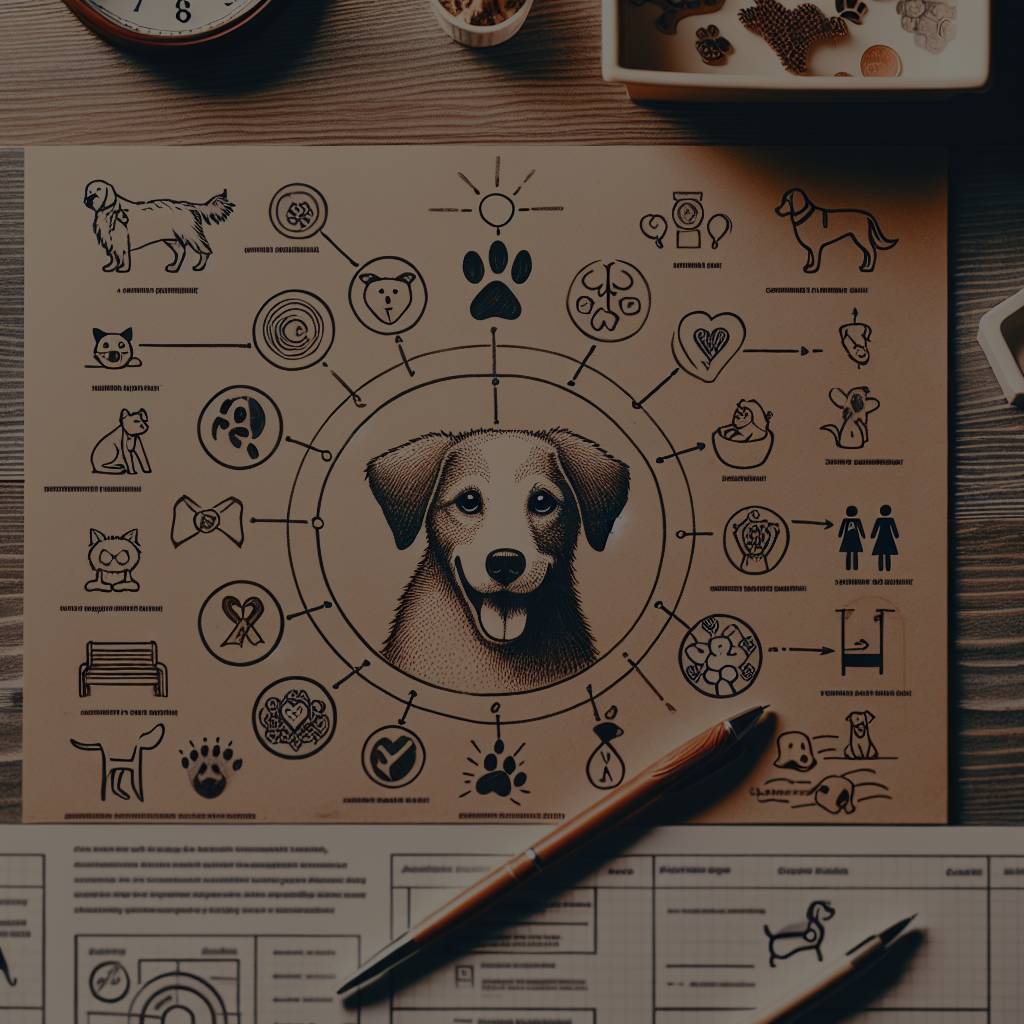
Understanding Dog Mental Health: Essential Insights for Pet Owners ===
As pet owners, it is our responsibility to not only provide our furry friends with physical care but also prioritize their mental well-being. Just like humans, dogs can experience a range of mental health issues that can greatly impact their quality of life. By understanding and addressing these issues, we can ensure that our beloved companions lead happy and fulfilling lives. In this article, we will explore the importance of understanding dog mental health and provide key insights for pet owners to promote their dog’s well-being.
The Importance of Understanding Dog Mental Health
While dogs cannot communicate their feelings and emotions in the same way humans do, they are still susceptible to various mental health issues. Understanding dog mental health is crucial as it allows pet owners to recognize and address potential problems before they escalate. Dogs can experience anxiety, depression, fear, and even phobias, all of which can affect their behavior and overall happiness. By being aware of these issues, pet owners can take appropriate steps to ensure their dogs feel safe, secure, and content.
Furthermore, recognizing and supporting dog mental health is vital for building a strong bond with your pet. Dogs are highly intuitive animals and can sense when their owners are attentive and empathetic towards them. By understanding and addressing their mental health needs, pet owners can establish trust and deepen their connection with their furry companions. It is essential to remember that dogs rely on their owners for emotional support, and by prioritizing their mental well-being, we can ensure a mutually rewarding relationship.
Key Insights for Pet Owners
To promote dog mental health, there are several key insights that pet owners should consider. Firstly, providing a stimulating environment is essential. Dogs are intelligent creatures that require mental stimulation to thrive. Regular exercise, interactive toys, and training sessions can keep their minds engaged and prevent boredom, which can lead to behavioral issues.
Secondly, establishing a routine is crucial for dogs’ mental well-being. Dogs thrive on predictability and structure, which helps them feel secure and reduces stress. Maintaining a consistent schedule for feeding, playtime, and exercise can greatly contribute to their overall mental health.
Lastly, it is vital for pet owners to be aware of the signs of mental health issues in dogs. Changes in appetite, sleep patterns, excessive barking, aggression, or withdrawal can indicate a problem. If any of these signs persist or worsen, it is crucial to consult with a veterinarian or a professional dog behaviorist for guidance and support.
Understanding dog mental health is a fundamental aspect of responsible pet ownership. By recognizing the importance of their mental well-being, pet owners can provide the necessary care and support to ensure their dogs lead happy and fulfilling lives. Remember, a mentally healthy dog is a happy dog, and a happy dog is a cherished companion.
Absolutely! Here’s a new, SEO-friendly “You might be interested in” paragraph that includes embedded links to relevant Wikipedia articles: — Speaking of mental health, you might be interested in learning more about the broader concept of mental health. It’s fascinating to understand how it applies not just to humans but also to animals. Additionally, the study of animal cognition provides intriguing insights into the mental processes of our pets. For those interested in the scientific aspects, the field of veterinary psychology delves deeper into diagnosing and treating mental health issues in animals. Finally, for a comprehensive look at the bond between humans and dogs, you might find the concept of the human-animal bond particularly enlightening. — This format naturally integrates external links and maintains a friendly, informative tone.










